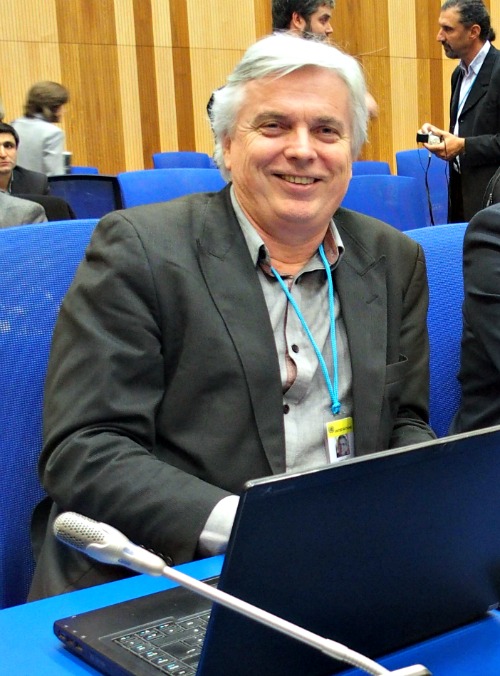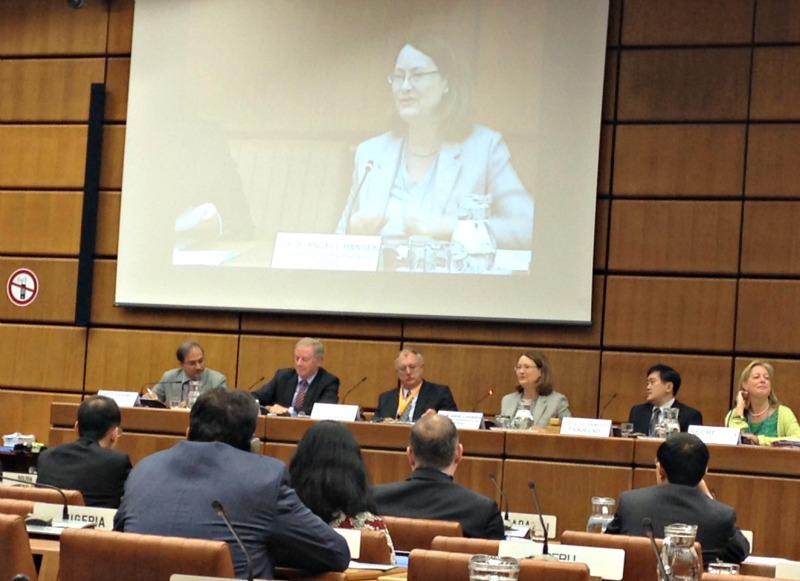Position papers to UNGASS
FORUT recommends a broad, balanced and prevention-oriented global drug strategy
Global drug strategies should be comprehensive, balanced and prevention-oriented. A more narrow harm reduction approach can never replace primary prevention and treatment/rehabilitation as the main strategy in global, national and local drug policies. This is the key message from FORUT in two position papers to the UNGASS process.
In April next year all member states of the United Nations, together with representatives from civil society from all continents, will meet in New York for UNGASS 2016; the United Nations General Assembly Special Session on Drugs. The aim of the meeting and the preparatory process is to take stock of results in global drug policies and to define the way forward in the struggle against drug-related harm.
The Member States have now started to define structure and contents of the so-called UNGASS Outcome Document. The drafting process is still in its infancy. All stakeholders have been invited to send in their proposals for topics to be covered in the final document from UNGASS.
FORUT Norway is one of the NGOs taking part in the preparatory process, and FORUT has now produced two position papers for UNGASS. One is a document with recommendations for preamble text and action points in the UNGASS outcome document. The other is a paper which defines the role harm reduction interventions should have in a broader drug strategy. The role of harm reduction is a dividing issue in UNGASS, in particular among civil society organisations.
Download the FORUT position papers here:
Recommendations to the UNGASS Outcome Document
The role of harm reduction interventions in global drug strategies
 - Harm-reduction interventions, although important, should be but one element among many in a much broader anti-drug strategy, says Project Coordinator Dag Endal in FORUT (picture right) in a comment to the new position papers. - Harm reduction, understood as the provision of health and social services to active drug users, can never replace primary prevention and treatment/rehabilitation as the main strategy in global, national and local drug policies.
- Harm-reduction interventions, although important, should be but one element among many in a much broader anti-drug strategy, says Project Coordinator Dag Endal in FORUT (picture right) in a comment to the new position papers. - Harm reduction, understood as the provision of health and social services to active drug users, can never replace primary prevention and treatment/rehabilitation as the main strategy in global, national and local drug policies.
Harm reduction initiatives fail to address the bulk of drug-related harm, but are nonetheless essential to assist drug users with their acute problems.
FORUT recommends to the UNGASS to address the following issues with action points:
- Drug use prevalence should be defined as the key indicator for policy success
- A global campaign for community mobilization, and with national coordination
- An action plan to secure essential medicines to all
- UNGASS should address the various aspects of drugs as a development issue
- Authorities in all countries should increase the use of alternative sanctions to imprisonment and fines.
- Harm reduction can never replace prevention and treatment/rehabilitation as the main strategy in global, national and local drug policies.
- Capital punishment should be abolished in all countries and in all cases.
- The child rights perspective must be a guiding principle for all drug policies; children have the right to grow up in a drug-free environment.
- An expert should be appointed to develop a global strategy to address the threats from new psychotropic substances
- Health Care Systems should offer a variety of treatment options
- Treatment programs must put more emphasis on social re-integration, which is the key to successful treatment
The picture below shows the Norwegian Ambassador in Vienna, Ms. Bente Angell-Hansen, adressing a special meeting on access to essential medicines. The meeting that took place in Vienna International Centre on the 24th of September, was hosted by the Norwegian and the Australian governments.


